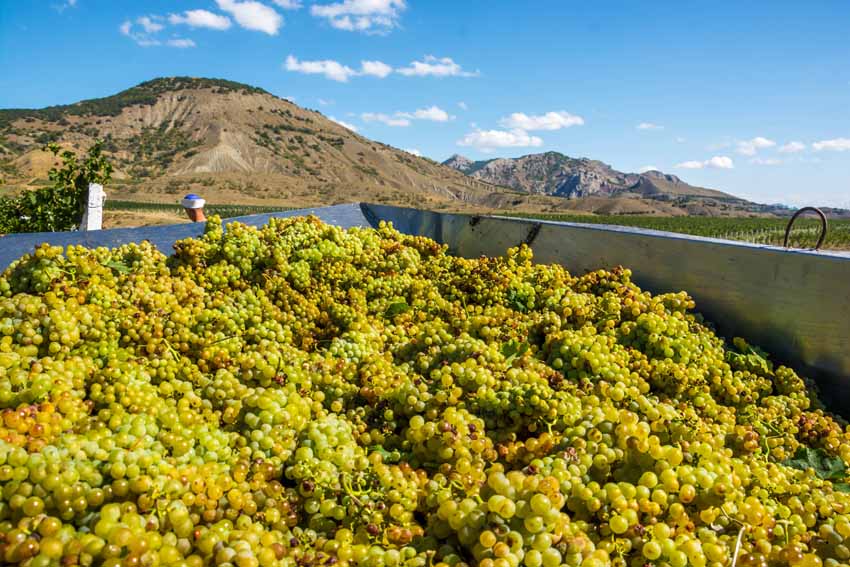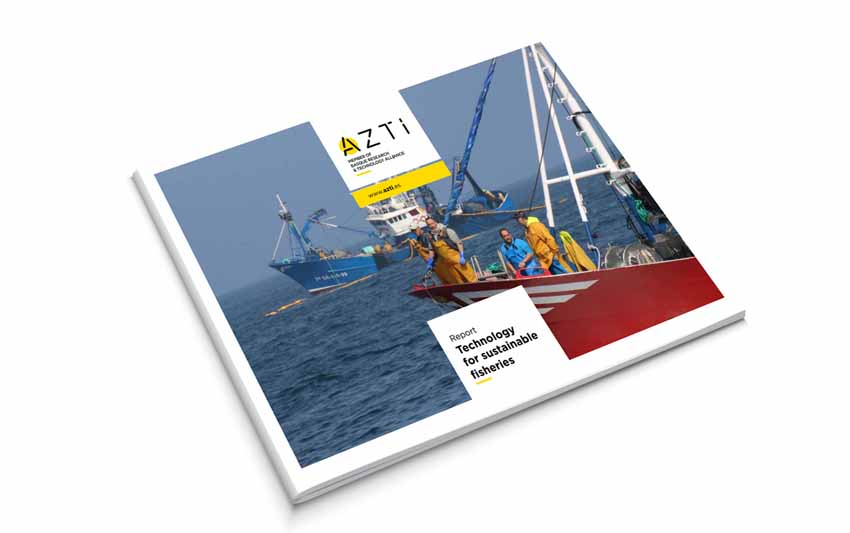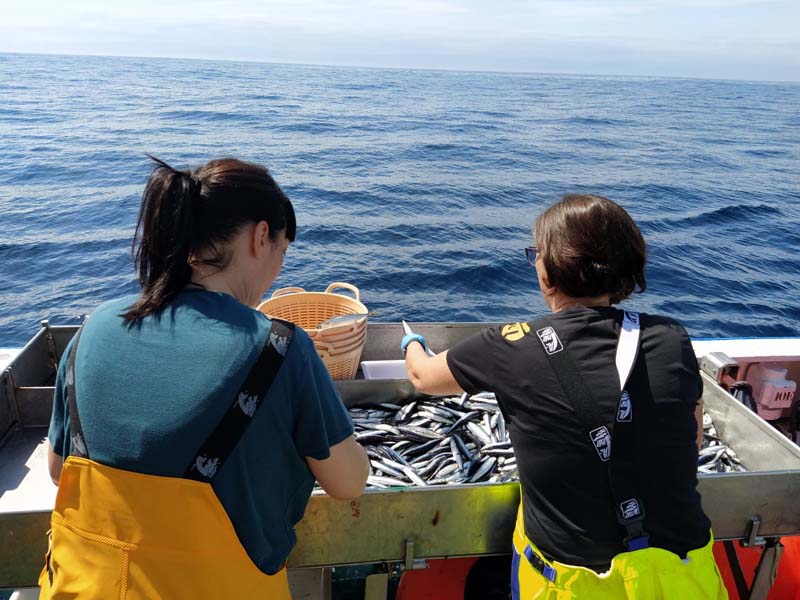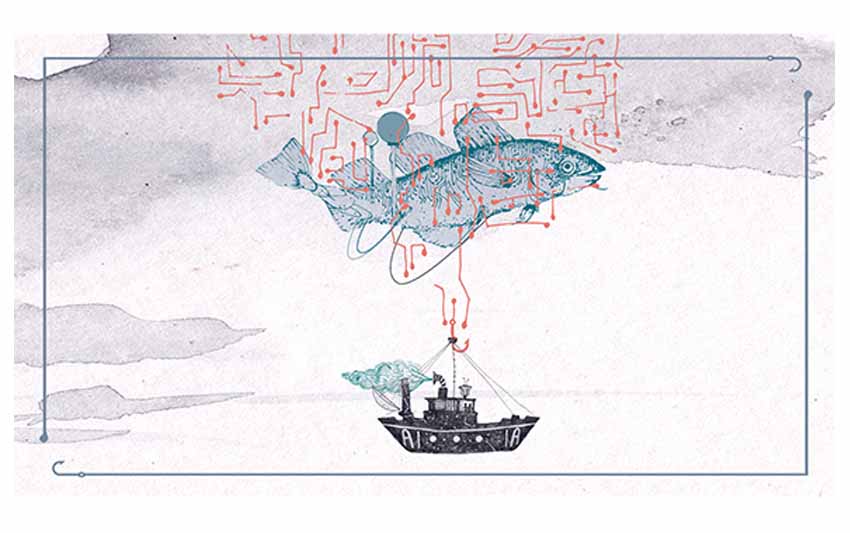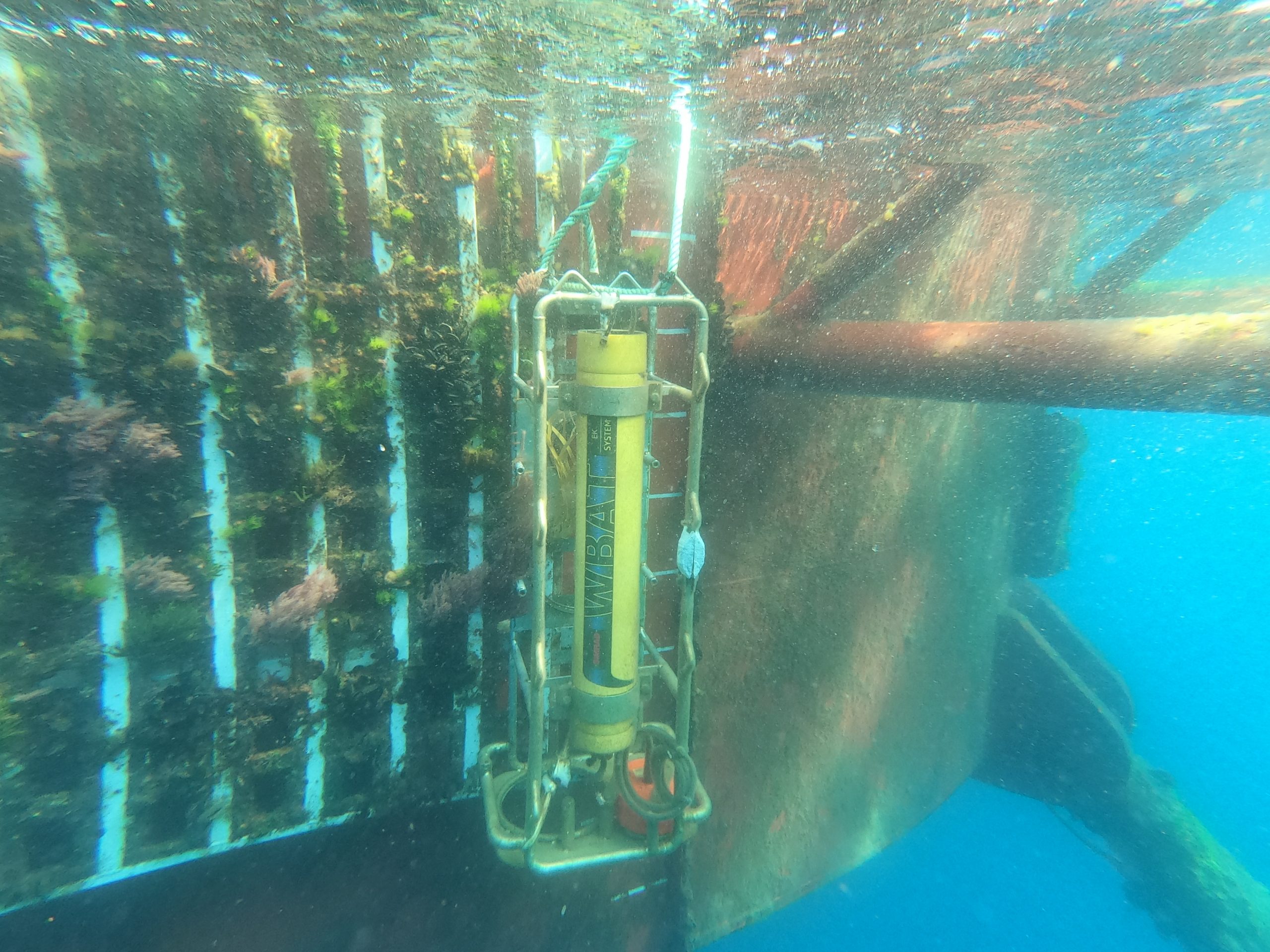New pH sensor to monitor ocean acidification along the Basque coastline
Últimas noticias
Una mirada LGTBIQ+ al reino animal
Circular Economy in Action: Valorisation of By-products through Projects like PRIMA NEWFEED
Strategic Perspectives: Highlights from the Food4Future World Summit for Business Leaders
Systematic observation of the sea and its evolution is vital to understand the effects of climate change on the ocean, the coast and the marine resources, as it helps to define adaptation strategies and establish mitigation measures.
For this observation to be effective and to obtain more indicators, it is very important to have the appropriate measurement technologies. This is why we have installed, thanks to the support of the Department of the Environment of the Provincial Council of Gipuzkoa, Naturklima and the Urban Klima 2050 project, a pH sensor to monitor ocean acidification on the Basque coastline, some 3 km from the coast and on a depth of about 50 m.
The installation of the sensor will allow us to obtain regular data on the evolution of the pH in the Bay of Biscay area, which will enable us to estimate the acidification level of the ocean.
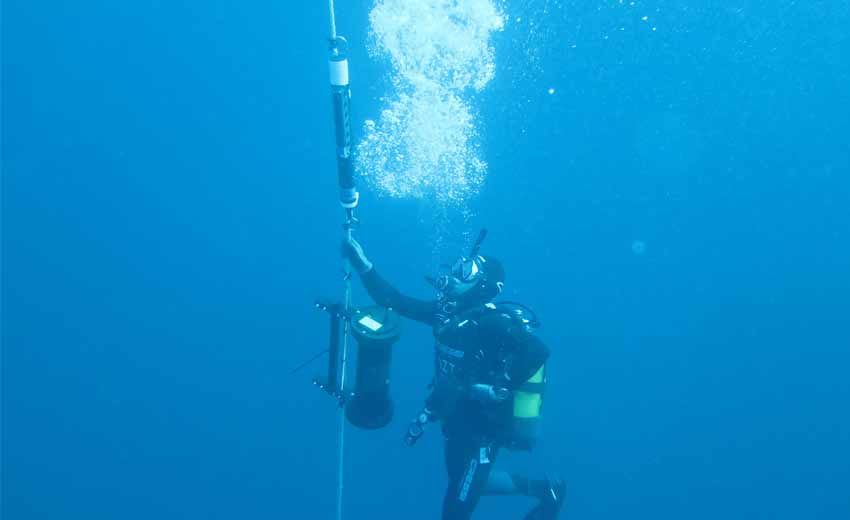
Índice de contenidos
Why is it important to know the level of ocean acidification?
Ocean acidification is a direct consequence of CO2 emissions from fossil fuels which, when dissolved in the sea, cause a drop in the pH of the water. Ocean acidification can affect the growth of marine organisms with calcium carbonate skeletons or shells, such as coralline algae, molluscs (mussels, clams, razor clams), crustaceans (lobsters, crabs), marine snails, corals and some plankton communities such as coccolithophorids.
In the Bay of Biscay there are hardly any continuous measurements that allow us to monitor acidification accurately, so this sensor will enable us to do so reliably, accurately and continuously along our coasts.
What does the measuring equipment consist of?
The instrument is a self-contained instrument which, using a highly accurate colorometric reagent, measures the pH of seawater. The instrument can be anchored in the open sea at depths of up to 600 m to obtain accurate pH measurements every hour for several months.
This sensor joins the different measurement platforms that we have been installing since we began to record data for monitoring climate change in the sea in 1986. Those methods are buoys, sampling on vessels, offshore campaigns and the acquisition of information from satellites. These historical series have led us to verify, among other things, that the temperature of the most superficial layers of the Bay of Biscay, and the Bay of Biscay in general, has been warming by about 0.2ºC per decade since 1980.
